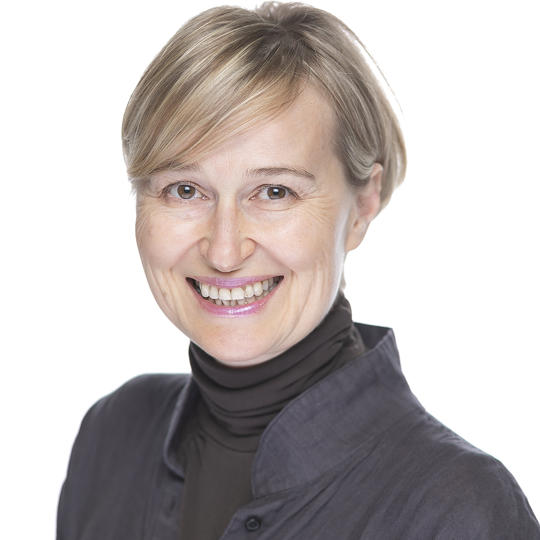09 September 2025
PhD student honoured for conference presentation
“Outstanding” research presented by a King’s PhD student at an international conference was recognised with a top award.

Iris Magne received the best presentation award in the global health section by an academic panel at the Pan-European Conference on International Relations of the European International Studies Association (EISA), held at the University of Bologna.
Iris presented her research - ‘Doctors with Borders’: Vaccine Diplomacy in Central Asia as a Foreign Policy Tool for Revisionist States – to the conference on 27 August.
Dr Nicholas Thomas and Dr Catherine Lo, co-chairs of the conference’s global health section, said: “The selection committee evaluated this presentation as outstanding. It effectively triangulated the research questions with both qualitative and quantitative data to illuminate the role of vaccine diplomacy as a foreign policy tool.
“At a time when researchers, policymakers, and community leaders increasingly shy away from such inquiries in the post-COVID era, this paper serves as a timely reminder of their continued - indeed, critical - relevance. Not only in understanding the dynamics of the pandemic itself but also in navigating the evolving 'new normal' of the global order.
“The oral presentation was clear, engaging, and prompted thoughtful questions during the Q&A and beyond.”
Iris’s presentation examined the vaccine diplomacies of Russia and China in Central Asia, analysing how the region became a focal point for competitive vaccine diplomacy from revisionist states.
She sought to demonstrate how Chinese and Russian vaccine diplomacies dominated the vaccine distribution efforts in Central Asia while COVAX, the WHO's vaccine distribution initiative, provided access to vaccine donations, did not result in a strong WHO or EU presence in the region.
Professor Gulnaz Sharafutdinova, one of Iris’s PhD supervisors, said: “Iris’s doctoral dissertation research offers a pioneering analysis of global COVID-19 vaccine diplomacy, with a particular focus on Russian and Chinese strategies and their reception in Central Asia. Her research reveals how these strategies reflect both contemporary geopolitics, longer traditions of medical diplomacy and the decision-making on the ground in Central Asia about how to react to the global pandemic."


